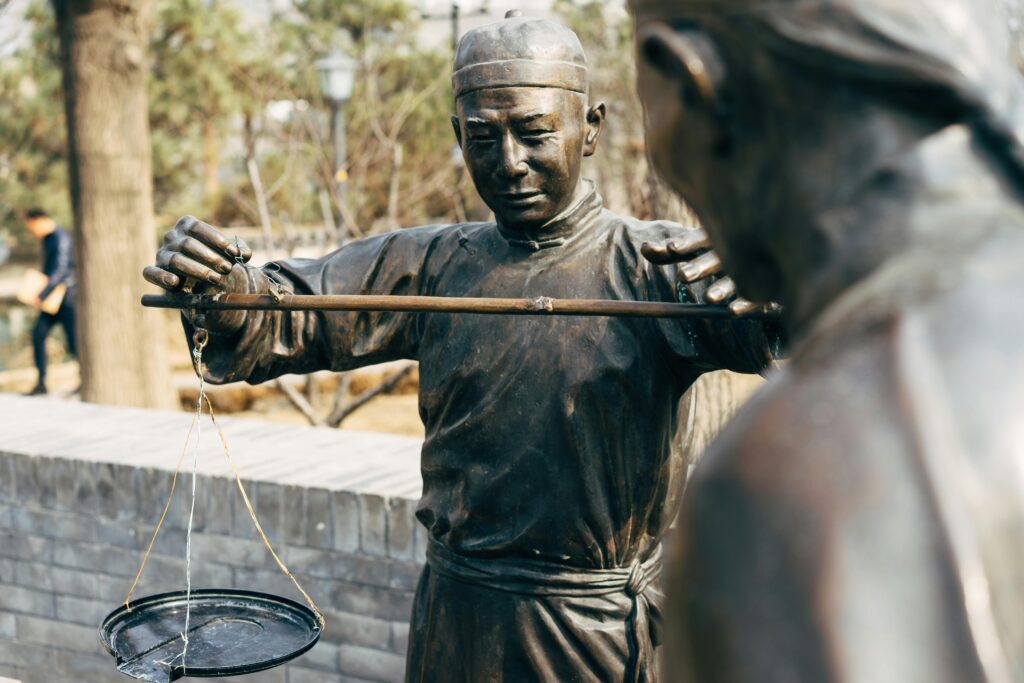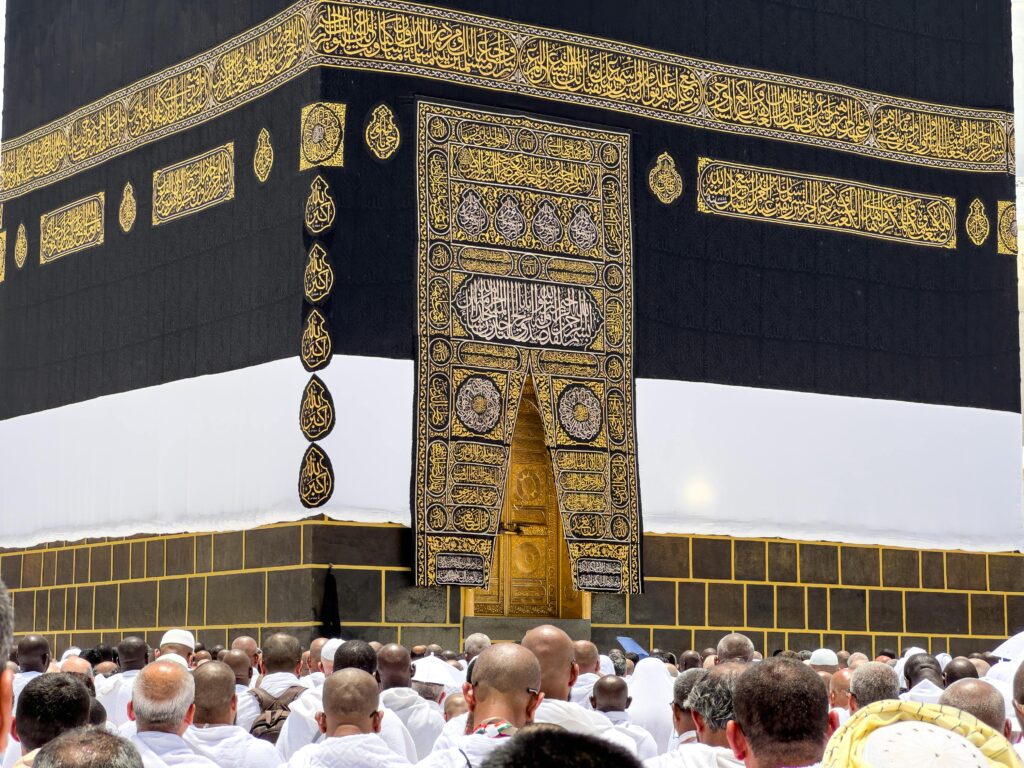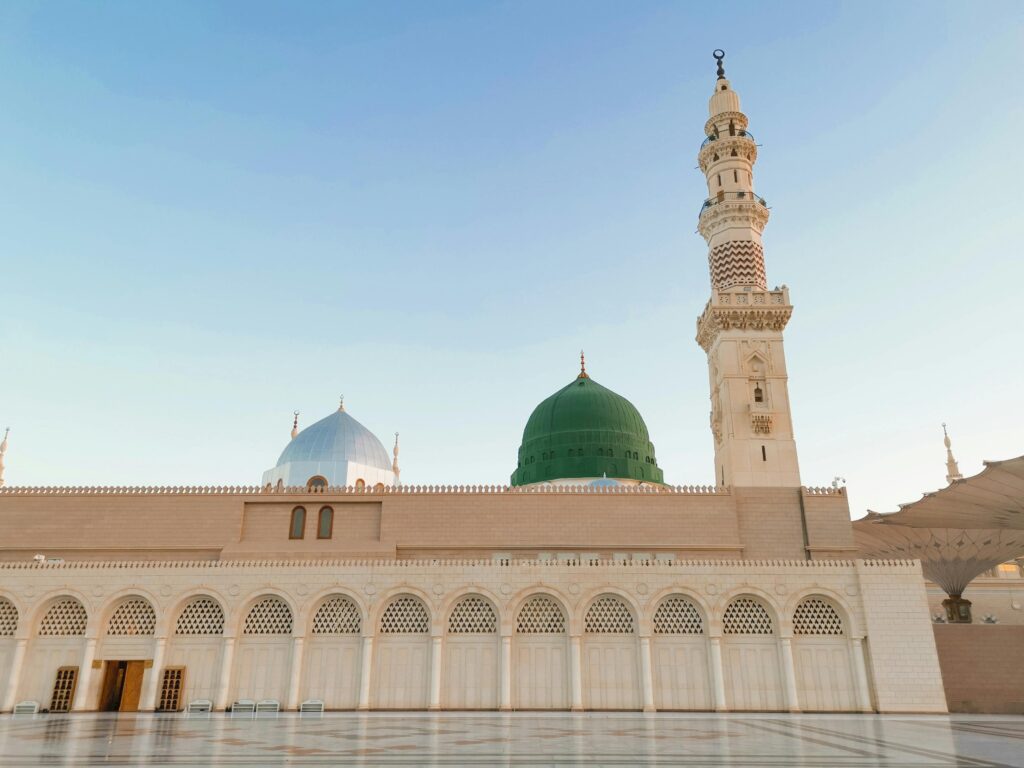The Speech of Mohammed (PBUH): A Comprehensive Exploration of Its Significance and Impact.
Introduction
The words spoken by Prophet Mohammed (PBUH) hold a special place in history. His speeches shaped the beginnings of Islam and continue to influence millions around the world. These messages have shaped religious beliefs, cultural values, and social ideas. Today, they remain powerful tools for guiding personal faith and community life. This article will explore the historical background, main themes, and lasting influence of Mohammed’s speeches both in the past and today.
The Historical Context of Mohammed’s (PBUH) Speech.
The Life and Times of Prophet Mohammed (PBUH).
Prophet Mohammed (PBUH) was born around 570 AD in Mecca, a city in present-day Saudi Arabia. He grew up in a society full of different religious beliefs and tribal conflicts. Society was often divided, with powerful clans controlling much of the land. As a young man, Mohammed (PBUH) worked as a merchant, gaining respect for his honesty. Around the age of 40, he received revelations that would become the foundation of Islam. His messages came at a time when many feared losing traditional ways amid rapid social change.
The Early Messages and Revelations
Mohammed’s (PBUH) journey began with private revelations from God through Angel Gabriel. His first message called for worship of one God and stressed moral values. As his following grew, he started speaking publicly. His speeches urged people to turn from idol worship and focus on justice, mercy, and faith. These speeches inspired many and challenged existing social norms. Over time, his words laid out a new way of living that focused on compassion and fairness.
Political and Religious Climate
Before Islam, Arabian tribes believed in many gods. Religious practices varied widely, with some tribes worshipping idols and others following more traditional beliefs. Power was often based on tribal loyalty and warfare. Opposing Mohammed’s (PBUH) monotheistic message was met with fierce resistance. The Meccan elites saw his teachings as a threat to their social and economic status. Despite this, Mohammed’s (PBUH) speeches kept spreading, calling for change in a society resistant to new ideas.
Key Themes and Messages in Mohammed’s (PBUH) Speeches
Monotheism and Faith
The core of Mohammed’s (PBUH) speeches was the oneness of God, also called Tawhid. He emphasized that there is no other deity but Allah. His messages stressed that faith in one God was a unifying principle for all people. This theme helped create a strong sense of community among early Muslims, rooted in shared belief.
Social Justice and Equality
Mohammed (PBUH) often spoke about fairness and kindness. He urged followers to give charity, treat others with respect, and support the oppressed. His speeches called for justice in courts and fairness in trading. He wanted everyone, regardless of social class, to be treated with dignity and compassion.
Moral and Ethical Conduct
Honesty, humility, patience, and forgiveness were key points in his speeches. Mohammed (PBUH) believed that good morals created a better society. His words influenced individuals to practice kindness and community-mindedness. These teachings became the ethical backbone of Islamic life.
Peace and Reconciliation
Prophet Mohammed (PBUH) often spoke about peace and settling disputes peacefully. He sought reconciliation between tribes and urged Muslims to avoid violence when possible. His speeches promoted understanding over conflict, inspiring respect for others’ differences.
The Impact of Mohammed’s (PBUH) Speeches on Early Muslim Society
Uniting the Community
Mohammed’s (PBUH) speeches played a big role in bringing tribes together under shared beliefs. They created a strong bond of brotherhood and common purpose. In Medina, he delivered messages that fostered unity among diverse groups—Muslims, Jews, and others—building a new community based on faith and justice.
Spread of Islam
His speeches served as guidebooks, teaching new followers how to live according to Islamic principles. They were used during important moments like battles, treaties, and migrations to inspire loyalty and clarity of purpose. These speeches helped spread Islam beyond Mecca, reaching across the Arabian Peninsula.
Establishing a Legal and Ethical Framework
Many of Mohammed’s (PBUH) speeches laid foundations for Islamic laws and ethics. Principles of justice, charity, and honesty from his speeches are still the basis of Islamic jurisprudence today. His words provided a clear moral code for the community to follow.
Contemporary Significance of Mohammed’s (PBUH) Speech
Influence on Modern Islamic Practice
Today, speeches and sermons often echo Mohammed’s (PBUH) messages. They are part of religious studies, Friday sermons, and community gatherings. His teachings continue guiding individuals in their daily faith and actions. Many Muslims see his words as a blueprint for moral living.
Political and Social Dimensions
His speeches also influence modern social movements and reforms. Leaders cite his messages when promoting justice, equality, and human rights. His words inspire activism and leadership in various parts of the world.
Interfaith and Global Dialogue
In today’s world, Mohammed’s (PBUH) speeches are used to promote peace and understanding between different faiths. His messages advocating for compassion and respect help foster better interfaith relations. Yet, challenges remain in ensuring these messages promote unity rather than division.
Examples of Notable Speeches and Their Enduring Legacy
The Farewell Sermon
One of his most famous speeches is the Farewell Sermon, delivered during his final pilgrimage. It highlights essential ethical principles like equality, justice, and kindness. He reminded followers that all humans are equal before God and stressed the importance of kindness and justice. This sermon remains a guiding document in Islamic teachings.
Speeches on Justice and Compassion
Mohammed’s (PBUH) speeches repeatedly emphasized the importance of justice and mercy. Whether addressing rulers or common followers, he urged fairness in trade, compassion towards the vulnerable, and honesty in dealings. These timeless messages help shape Islamic ethics even today.
Modern Recognitions and Reenactments
Many Muslim communities and leaders hold events to remember and honor his speeches. Some reenact parts of his speeches or recite his words during religious holidays. These acts keep his messages alive and relevant for new generations.
Actionable Tips for Engaging with Mohammed’s (PBUH) Speech Today.
- Reflect on his words and strive to practice kindness, honesty, and fairness daily.
- Share his messages of peace and justice in your community.
- Use his speeches as inspiration during difficult times or conflicts.
- Learn about his speeches to foster better understanding and respect for Islamic principles.
- Non-Muslims can appreciate his messages as lessons in compassion and fairness.
Conclusion
Mohammed’s speeches are more than just words—they are a foundation for faith, morality, and social justice. From their origins in 7th-century Arabia to their role in today’s global society, these messages keep inspiring millions. They remind us that faith and kindness can unite people and create a better world. Reflecting on his speeches can help us find common ground and strengthen our shared human values. Keep exploring and contemplating the power of prophetic speech for your own growth and community well-being.




